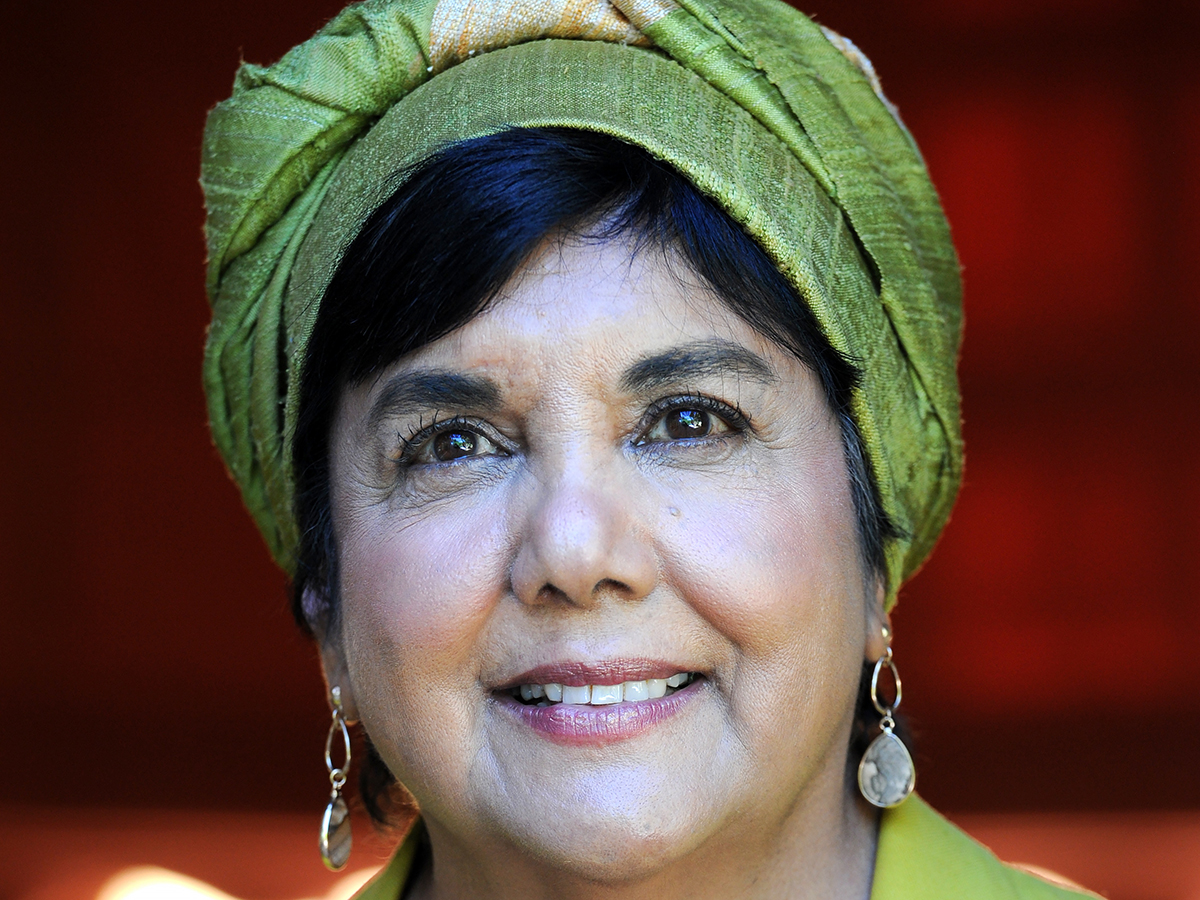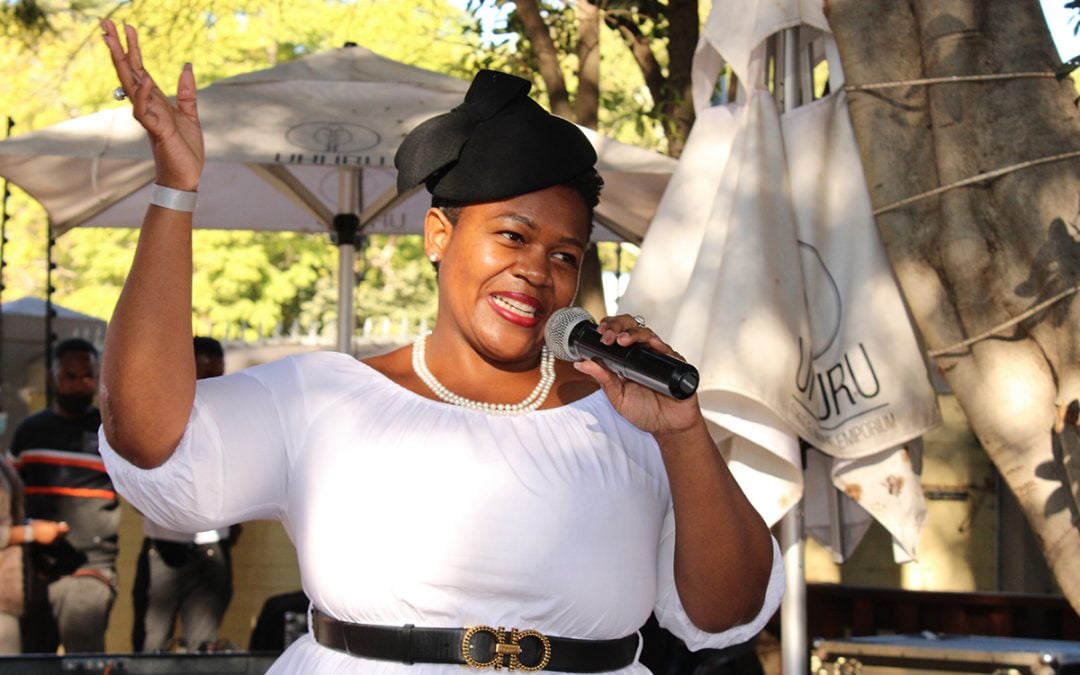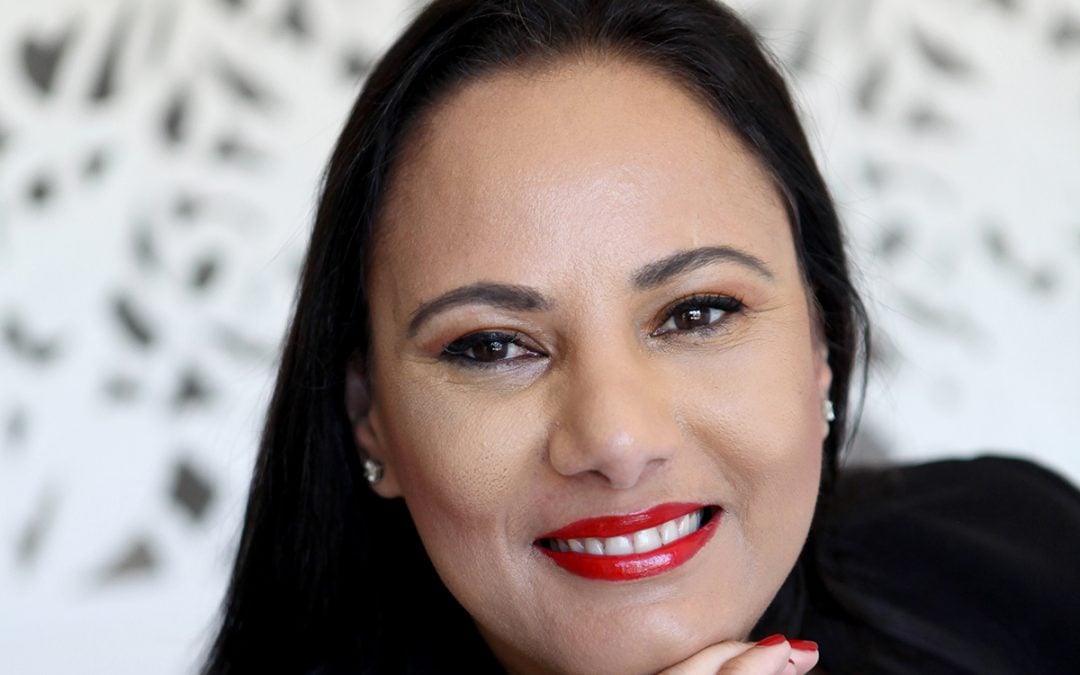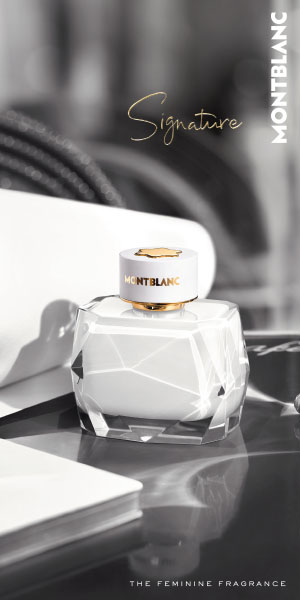“It’s very important to be entirely yourself and to get to know your own strengths,” says Zubeida Jaffer when asked what words of advice she wished she had heard as a young journalist in the 1980s. “Women must practise, practise, practise their craft. If they don’t do that, they will be mediocre,” Jaffer says.
An author and award-winning journalist, Jaffer has been writing and reporting in South Africa for 40 years and has attempted to codify her experience with the launch earlier this year of her company, Number10Publishers. With the help of her daughter, Ruschka, she refined the idea and readied herself for the publishing world. “I’d become aware that the creative is not at the centre of the business model. I can’t solve this problem for everybody, but perhaps I should solve this problem for myself,” she says. “Now if I sell a book, then I benefit. I don’t share it with a publisher or with a bookshop because we set up our own bookshop.
“All this was unknown territory for both me and my daughter and we learn every day. Our intention is to put whatever we learn at everybody’s disposal,” Jaffer says. Although Number10Publishers is currently not taking on any new publications, Jaffer offers a wealth of insight and experience from the industry to writers.
Jaffer has written three books, all life stories of South African women – including her own. In 2003 she published her memoir, Our Generation. Albie Sachs — former Constitutional Court judge and a writer himself — urged her to write and share her life story, and it came to fruition after years of work. “When I tried to write, I started getting nightmares and he said the time will come. It took me another 10 years or so and then I finally sat down and wrote it,” Jaffer remembers.
In 2008 Jaffer published Love in the Times of Treason: The Life Story of Ayesha Dawood, and in 2016 she published Beauty of the Heart, the biography of Charlotte Maxeke. Maxeke was South Africa’s first black woman graduate and she would have been 150 this year. “I must thank the family, especially Thulasizwe Makhanya, the great-grandnephew of mam’ Charlotte. I wrote it because I could see that it was unfair that this woman was written out of history and because I would really like everybody to know about her,” she says.
Jaffer’s own story in journalism began in 1980 when she took up a post at the Cape Times. She uncovered police murders across the Cape Flats and was arrested and tortured for her work. Jaffer was a member of the Independent Media Commission for the 1994 elections and thereafter pursued a master’s in journalism at Columbia University. Jaffer has lived through and participated in a changing journalism landscape across decades and regimes. “We’ve come a very long way and people — including me — are very worried about journalism. It’s not an easy time, but it’s nothing compared to what we had during apartheid,” she says. “I’m putting a focus on the importance of developing a new national narrative and that’s something I’m really keen about, and journalists are really important in this. They have to be part of developing a new national narrative that our children can grow up with,” she adds.
This new national narrative is the focus of one of her chapters in a new book she has written for and co-edited. The book is called Decolonising Journalism and her chapter focuses on the importance of South Africans feeling confident in their own skin and taking charge of their stories. “If you’re confused about your story or if you believe a story that’s been imposed on you, then you have a colonised mind,” Jaffer says.
Practise, practise, practise your craft – if you don’t, you’ll be mediocre.























